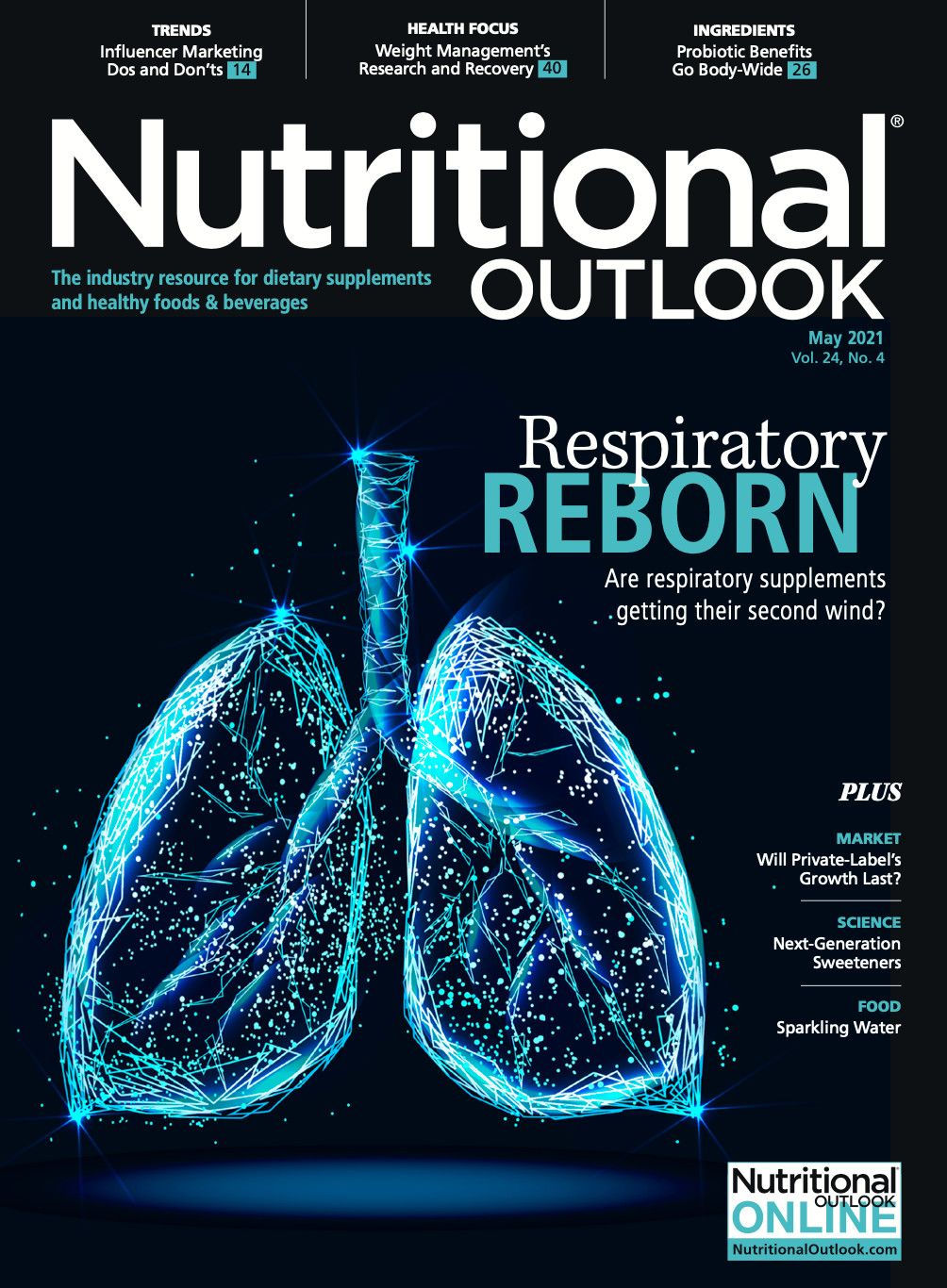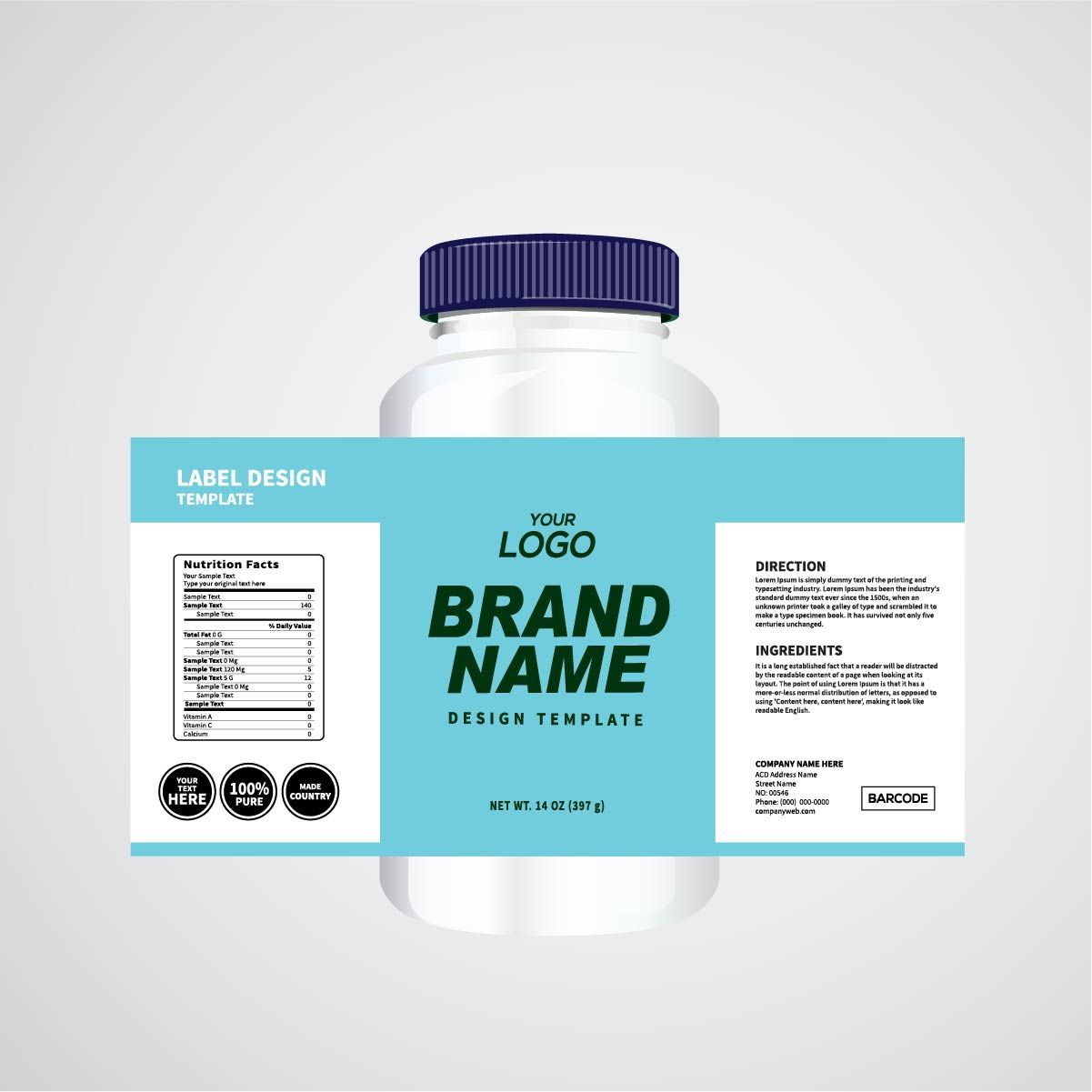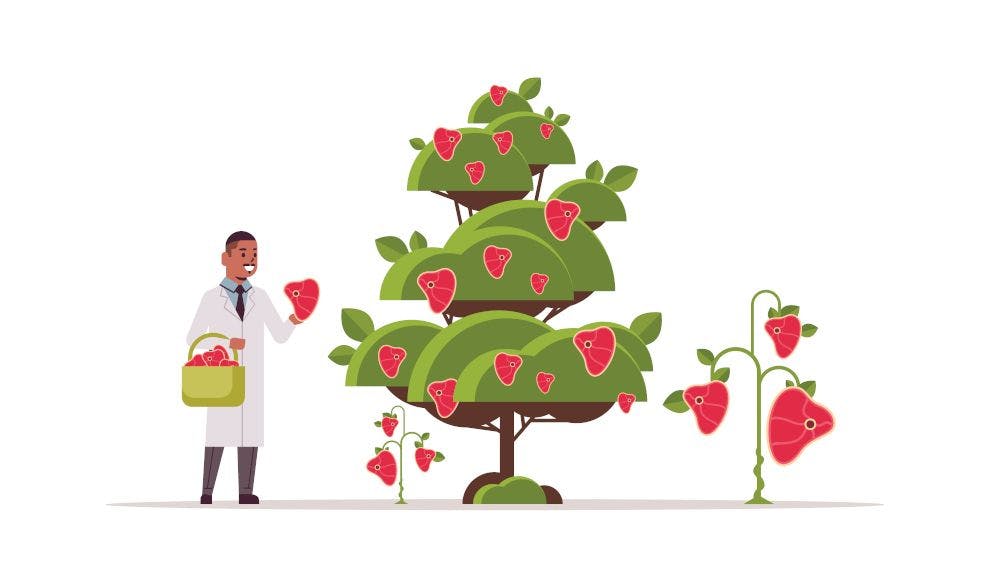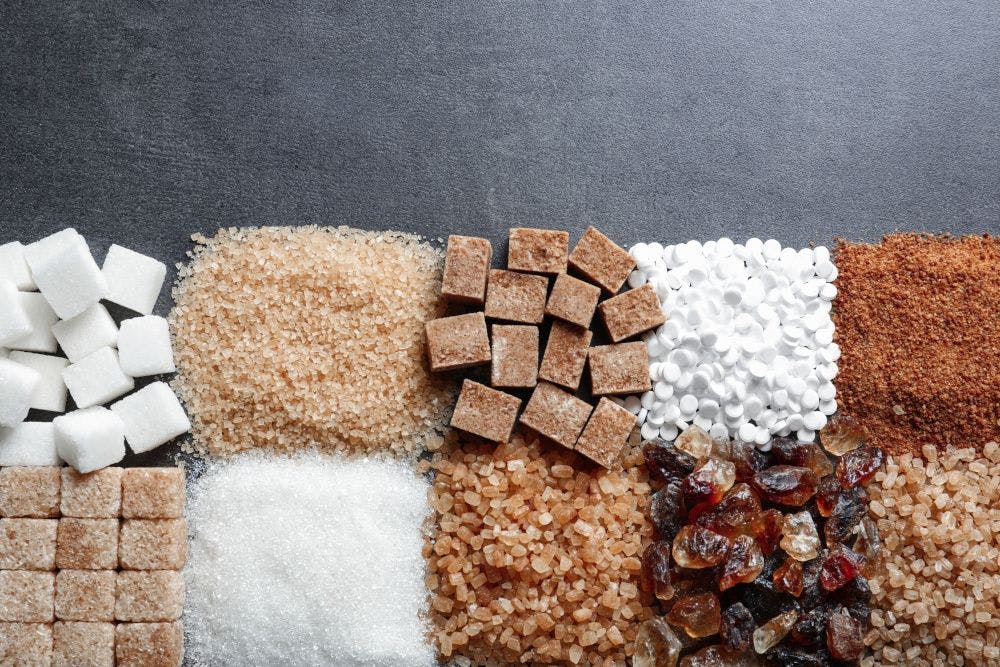Private-label wellness sales got a COVID bounce—but can it last?
What must private-label products offer customers that will keep them coming back in the long run?
It’s conventional wisdom—and, at this point, a matter of fact—that consumers rewarded private-label brands for their “essential” service during the pandemic. Nielsen data1 provided to the Private Label Manufacturers Association show growth of 14.6% in dollar sales and 12.8% in unit volume for store brands across retail during 2020’s first quarter, compared to dollar and volume growth of 11.5% and 9.2%, respectively, for national brands.
But did this rising tide for private labels lift all boats—including those in the health-and-wellness aisle?
According to Andrew Moberly, director, category solutions, for private-brand development firm Daymon (Spencerport, NY), it did. Both during COVID-19’s early days and now, private-label nutrition is riding high.
“Within the past year, significant private-brand trial across departments has let consumers experience private health-and-wellness brands’ benefits and their ability to deliver on nutritional needs,” Moberly says. “This is increasing private-brand trust and trial, and health-and-wellness is no exception.”
Double-Barreled Boom
House-brand health-and-wellness lines actually received something of a double-barreled boost last year when one accounts for both consumers’ newfound affection for private brands and their heightened attention to products that promote wellness in the face of a pandemic.
As Moberly says, “Throughout 2020, private-brand health and nutrition sales skyrocketed as shoppers proactively looked for ways to protect their and their families’ health.” Per Nielsen data, private brands in the vitamin, mineral, and supplement (VMS) space saw sales grow nearly 11% over the year’s course, and, says Moberly, they continue to perform strongly.
“While we saw use and sales spikes early in 2020,” he notes, “they remain positive a year after the pandemic took hold,” with private brands experiencing higher growth in Q4 2020 than did the category overall.
“Initially, consumers were purchasing any immunity-boosting health-and-wellness products available,” he adds, “with zinc and vitamin C top performers.” In fact, 37% of vitamin users professed higher concern around general immune health than they had pre-pandemic, Nielsen reports.
“And along with the need for physical health,” Moberly continues, “the pandemic elevated the importance of focusing on mental well-being, with consumers turning to products that improve sleep and mental performance to provide additional support during uncertain times.”
Out of Stock, Out of Mind
But heightened health awareness only tells half the story. Panic buying during COVID’s early days led to out-of-stocks for national brands across categories, which left many consumers no choice but to try something new—including private-label health-and-wellness products.
And according to internal Daymon research, Moberly adds, once consumers initiate this “significant new private-brand trial, they often continue shopping at specific retailers for their private-brand offerings.”
Good thing, then, that retailers didn’t wait until shelves were empty to dedicate more space to private brands. In fact, Moberly points to a “significant” 44% increase in new product launches from private brands in the VMS category during 2020, “with retailers preparing for these launches before the year began.”
Shelley Balanko, PhD, senior vice president, The Hartman Group (Bellevue, WA), also applauds private-label brands for being ready to meet the moment when pandemic-driven purchasing began. Even before consumers started hunting in-earnest for health-and-wellness, she says, “Private-label brands had already made strong innovations in that direction.”
Private lines like Simple Truth, Kirkland Signature, 365, and others “had been innovating with more products aligned to contemporary premium health-and-wellness attributes,” she says—attributes like organic, non-GMO, and fair-trade certification among them. “So they had offerings ready that met consumers’ needs as they doubled down on wellness.”
The Price Is Right
Along with those valued attributes and the simple fact that they were in stock, private-label wellness products had another asset that they leveraged to their advantage last year: the right price.
“With the pandemic affecting nearly one-third of consumers financially,” Moberly says, “income constraints presented further challenges.” In fact, proprietary research and Daymon’s Private Brand Intelligence Report2 found that 70% of shoppers responded to price pressures by purchasing a different brand than they had pre-COVID. Given that nearly 30% also reported a positive experience from that switch, he adds, many likely “plan to commit permanently.”
Moberly concludes that by directing consumers toward more affordable supplement options, continuing price sensitivity presents ongoing opportunities for private brands. Case in point: 12% of current VMS users have already shifted to a more affordable brand in the past year, according to Nielsen.
Quality Counts
But price isn’t everything, Balanko hastens to note. Quality counts, too.
“For private label even to be considered,” she says, “it first has to meet consumers’ price expectations—costing the same as or less than name brands. But then it must also meet quality expectations.”
Even then, comparable quality may not suffice to lock in loyalty. “Rather,” she explains, “it’s the presence of those premium attributes, like high-quality ingredient sourcing standards, that creates distinction and can foster loyalty.”
The Hartman Group will dig into this topic further in its upcoming Q2 syndicated research, Balanko notes, as it explores which value dimensions—low price or premium quality—drive private-label growth.
“We hypothesize that premium attributes have a greater pull than low prices,” she says. “For these reasons, we also hypothesize that younger consumers—who prioritize premium quality—and higher-income households with less price sensitivity are driving private-brand growth. We’d also contend that tapping into premium quality and health-and-wellness attributes has longer staying power than tapping into short-lived economic concerns. The U.S. is maturing as a health-and-wellness culture, and the pandemic accelerated that trend.”
All Upside
As Balanko notes, part of that maturation involves prioritizing qualities like organic certification; and, indeed, Nielsen reports that while sales of natural and organic supplements overall grew more than 25% during the past year, private brands’ natural and organic offerings outpaced them, growing at a rate of 34%.
Adds Moberly, “With new product launches and increased private-brand trial, these brands are well positioned to be seen as category innovators, continuing to support the health-driven needs of consumers in this space.”
Private brands are also innovating online.
The pandemic forced even reluctant shoppers to go digital, and Daymon’s research shows that seven out of 10 plan to keep clicking in the future. Thus, says Moberly, “Retailers need to keep their private-brand health-and-wellness products front-and-center on their e-commerce platforms, websites, and apps. Highlighting these products on digital shelves will be crucial to initiating new trial for online shoppers, as will using the benefits of items already in shoppers’ digital carts to recommend additional supplements during checkout.”
That will prove key to turning private label’s present appeal into a lasting advantage. “Shoppers new to the category haven’t yet established brand loyalty,” Moberly points out, “which puts private brands in a prime position to leverage their value proposition to capture first-time VMS shoppers. Consumers who once relied on national brands to meet their needs a few times a year will be looking for a value alternative as supplements become part of their everyday routine.”
So as the supplement space evolves along with its patrons, Moberly predicts, “Private brands have the opportunity to gain consumers’ loyalty with innovative launches and relaunches that call out product benefits on the label.”
References
- Private Label Manufacturers Association press release. “Nielsen first quarter numbers show growth of store brands as shoppers stock up during crisis.” Posted May 11, 2020. Accessed here.
- Daymon report. “The Future of Private Brands: Private Brand Intelligence Report 2020.” Accessed here.

Prinova acquires Aplinova to further increase its footprint in Latin America
April 7th 2025Prinova has recently announced the acquisition of Brazilian ingredients distributor Aplinova, which is a provider of specialty ingredients for a range of market segments that include food, beverage, supplements, and personal care.





















